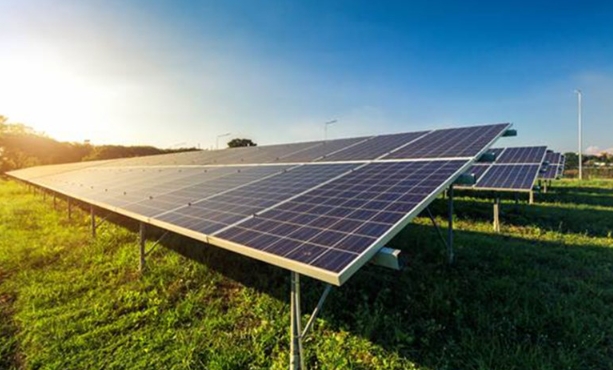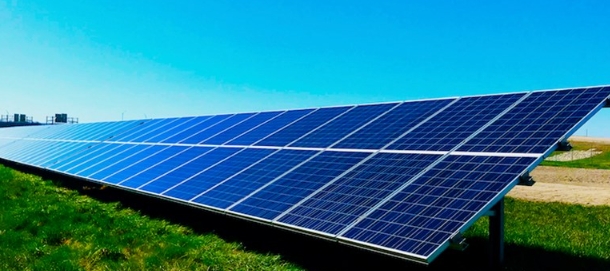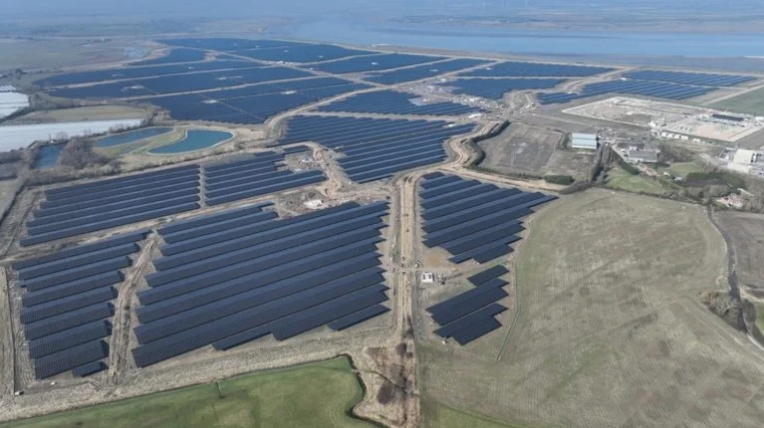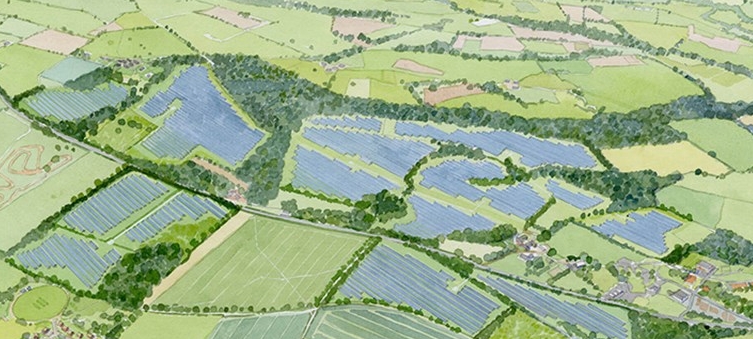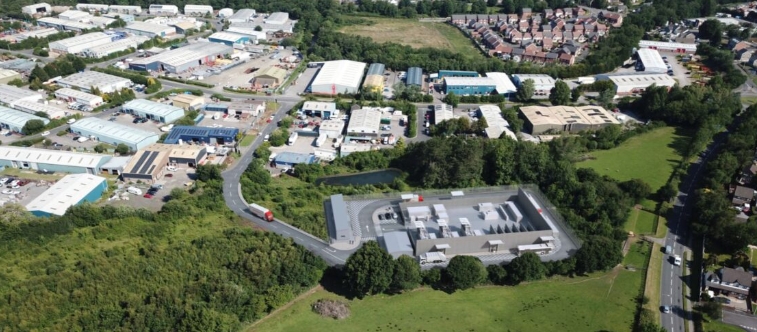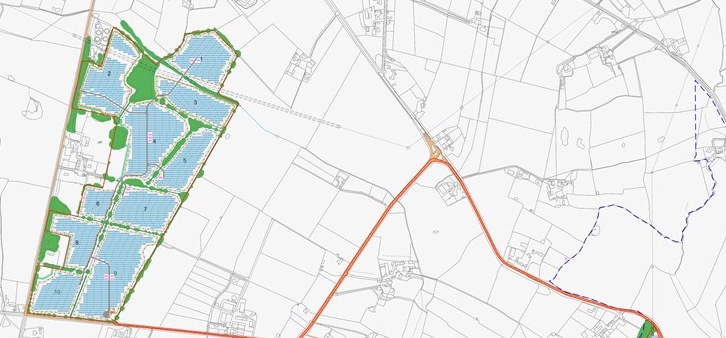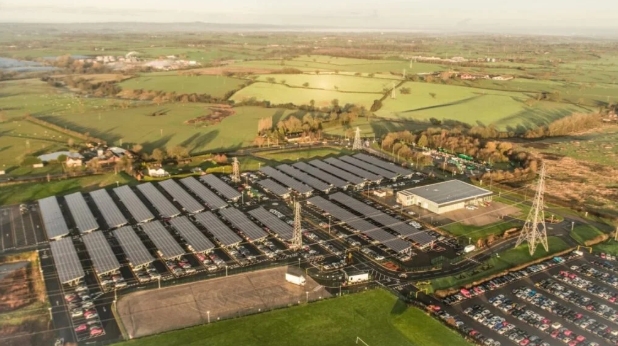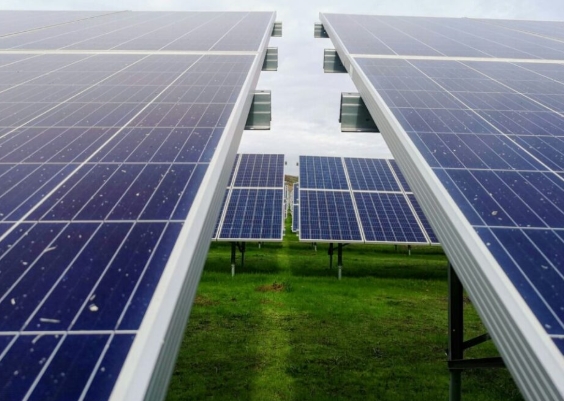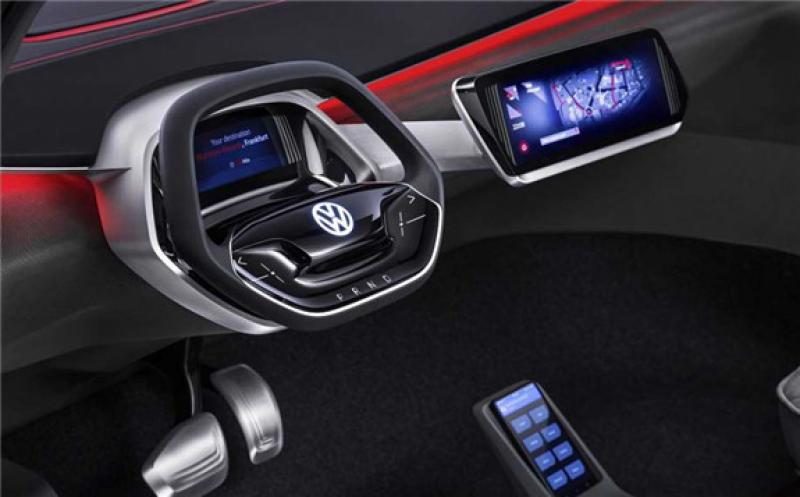 In an effort to put “Dieselgate” in the rearview window, VW has reinvented itself as both an American-oriented company and one built on environmental sustainability.
In an effort to put “Dieselgate” in the rearview window, VW has reinvented itself as both an American-oriented company and one built on environmental sustainability.
The scandal of VW’s cooking the books over diesel emissions and fuel efficiency cost the company more than $15 billion in damages worldwide, most of that in the U.S. That included buybacks of nearly 500,000 affected Volkswagen vehicles and sister company Audi diesel vehicles, and brought down top executives in both companies. Not to mention the dent on its reputation.
Dieselgate also halted demand for diesel family cars like the Passat diesel and Chevy Cruze diesel in both the U.S. and Europe, although diesels remain in demand for hard-working trucks and buses, including school buses.
That’s just a little background for you to understand what is essentially a new company built on the ashes of Dieselgate, including killing off the Beetle, the most famous VW in history and the model that launched the brand just after WWII. The final Beetle was produced in Mexico earlier in 2019.
VW’s switch to EVs puts the U.S. front and center, with an $800 millionexpansion to its factory in Chattanooga, which also builds the Passat sedan and seven-seater Atlas SUV. The expansion will add 1,000 jobs and more than 500,000 square feet to the factory, which is the world’s first LEED certified “green” auto production facility, partly powered by a huge solar installation adjoining the award-winning factory.
VW also is building a 198,000-square-foot plant in Chattanooga to build the battery packs that will power the new electric vehicles. Both new U.S. factories are expected to be up and running by late 2022 or 2023, and most of the vehicles produced will be sold in North America, although VW may also export them to Europe.
“Expanding local production sets the foundation for our sustainable growth in the U.S. Electric vehicles are the future of mobility and Volkswagen will build them for millions, not just millionaires,” said Scott Keogh, president and CEO of Volkswagen Group of America, in a statement announcing the new facilities.
VW has not yet announced exactly which EVs it will manufacture in Tennessee, but they will be built on the company’s modular electric platform, known as MEB. The company’s plant in Zwickau, Germany, has already been converted to produce MEB vehicles, and two additional plants in Germany and two more in China also are being revamped.
The U.S. facility has the advantage of being built from the ground up, not revamped, to produce electric cars, which could make production more efficient and less costly.
Globally, VW plans to commit almost $50 billion through 2023 to develop and produce electric vehicles and digital support services. The VW brand hopes to sell 150,000 EVs by 2020 worldwide, increasing that number to a million by 2025.
Sales of Audi and Porsche division EVs are not part of this number and are not expected to increase overall numbers significantly, despite the recent addition of the Audi e-Tron SUV and Porsche Taycan EV, neither of which is produced in the U.S.
The first U.S.-built EV is expected to a version of the ID Crozz, a compact crossover that looks more like a sedan than a crossover. That is expected to be followed by the electric version of the beloved Microbus, called ID Buzz. Right now both vehicles are described as concepts, which means the design has not been finalized. Personally, I hope VW changes their names before they go on sale to something with more appeal than Crozz and Buzz, which sound more like a sneaker model or haircut style than something with a steering wheel.
